UN pulls staff from Yemen’s Hodeidah ahead of expected imminent assault
NRC says it will stay in key port town ahead of anticipated UAE-led attack
The United Nations has begun evacuating staff from Hodeidah ahead of an expected assault by a coalition led by Saudi Arabia and the United Arab Emirates as the Yemeni army advances towards the port city.
Clashes between the military and Houthi rebel forces intensified last week, as troops led by the UAE advanced to 10 km (6 miles) from the city, Reuters reported.
The Yemeni Ministry of Defense said on Monday, June 11 that the army attacked Houthi sites in Durahmi and Quba, located 5 miles (8 km) from the airport.
The United Nations fears that a battle in Hodeidah could be devastating for the estimated 600,000 people still living in the city.
The U.N. decided to evacuate its staff after member states were told that an attack was imminent, the New York Times reported.
Despite a possible imminent attack, the Norwegian Refugee Council said on Monday that was not stopping operations, and is aiming to help 6,000 people.
“For now yes we can [assist people],” Mohamed Abdi, NRC country director for Yemen, told The Defense Post. “But if Hodeidah city is attacked it might be difficult as we can’t risk sending our staff to the frontline.”
Currently NRC can still access some districts in the north of Hodeidah, he added.
The U.K. Department for International Development told aid agencies on Sunday that “the Emirates have informed us today that they will now give a 3-day grace period for the U.N. to leave the city.”
“A military attack or siege on Hodeidah will impact hundreds of thousands of innocent civilians,” Lise Grande, the U.N. Humanitarian Coordinator for Yemen, said on Friday. “Humanitarian organisations have rushed to develop a contingency plan. In a prolonged worst case, we fear that as many as 250,000 people may lose everything – even their lives.”
Hodeidah is a critical point for almost 80 percent of aid entering Yemen, which is in a situation the U.N. has called the world’s worst humanitarian crisis. Hodeidah handled 90 percent of the nation’s foodstuffs and the humanitarian aid flow before the war, and periodic Saudi blockades of the port since 2015 have heightened fears of famine and compounded aid agencies’ response to a deadly cholera outbreak last year.
More: Hodeidah: The strategic port at the center of Yemen’s war
Saudi Arabia, which began airstrikes against the Houthis in 2015 backed by an alliance of mostly Gulf nations, says the militants use Hodeidah to smuggle weapons from Iran. The Saudis and UAE believe that seizing Hodeidah will put both military and economic pressure on the Houthis to reenter peace talks, as well as reduce the militants’ ability to attack Saudi Arabia.
“Our top priority is helping to ensure the 22 million Yemenis who need some form of humanitarian aid and protection receive the assistance they need,” Grande said last week. “Cutting off imports through Hodeidah for any length of time will put Yemen’s population at extreme, unjustifiable risk.”
Charities as ‘pawns’ in Yemen’s conflict
Last week the International Committee of the Red Cross said it was temporarily pulling 71 staff from Yemen “due to a series of incidents and threats.”
The ICRC has operated in Yemen since 1962 but said its current activities “have been blocked, threatened and directly targeted in recent weeks, and we see a vigorous attempt to instrumentalize our organization as a pawn in the conflict.” The organization added that it holds all parties responsible for the security of its staff.
Save the Children said on Sunday that it continued to treat “tens of thousands of children in Hodeidah for acute malnutrition, and diseases like diphtheria and malaria. We’re reaching tens of thousands more with good vouchers so they can eat, and purification tablets so they can drink clean water.”
“An assault on Hodeidah will unleash shocking brutality on 170,000 children that call the city home, and sever a vital supply line for millions more across,” the charity tweeted.
Médecins Sans Frontières (Doctors Without Borders) said on Monday that its cholera treatment center in the northwestern coastal town of Abs was hit by an airstrike from “by the Saudi and Emirati-led coalition,” showing “complete disrespect for medical facilities and patients.”
Only half of Yemen’s health facilities are functional and nearly 10 million people are in need ahead of an anticipated outbreak of cholera, MSF added.
MSF said it had completely frozen its operations in Abs in response to the attack. The charity does not have any current projects in Hodeidah, a spokesperson told The Defense Post.
An NRC guesthouse in Sana’a was damaged on June 5 by a coalition airstrike, the organization said last week. Seven civilians, including four children, were injured in the airstrike located less than 100 meters from the NRC facility.
Charities operating in Yemen have come under attack during the three-year conflict, and all have said that the coordinates of their facilities were known to the Gulf coalition.
Push for a ceasefire
The United Nations, which has for years unsuccessfully sought to temper the conflict is pushing for a ceasefire in an effort to prevent an attack on Hodeidah.
U.N. Yemen envoy Martin Griffiths has urged the Houthis to hand over Hodeidah to U.N. control, Reuters reported on Sunday. The U.N. is also pushing the militants to turn over arms in exchange for an end to the bombing campaign and a transitional governance deal.
The Houthis seized Yemen’s capital Sana’a in 2015 and has been locked in battle with troops loyal to President Abd-Rabbu Mansour Hadi.
U.N. Secretary-General Antonio Guterres said there Griffiths was in “intense negotiations” about Hodeidah, AFP reported.
“I hope that there will be a way to avoid the military confrontation in Hodeida,” Guterres told reporters.


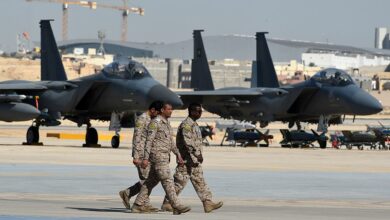
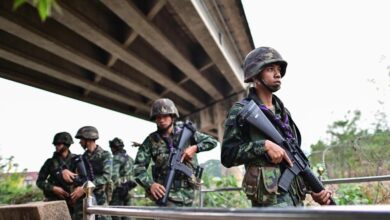
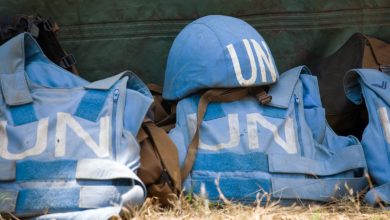
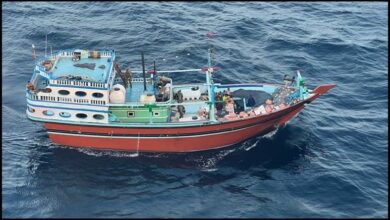
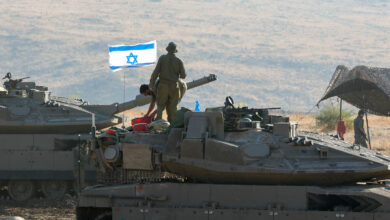

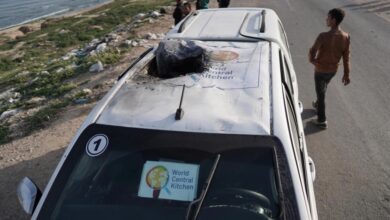
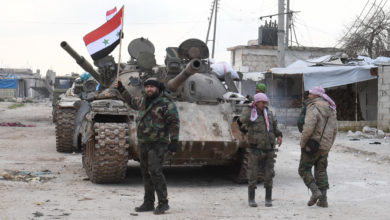
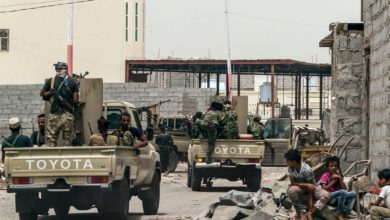

One Comment